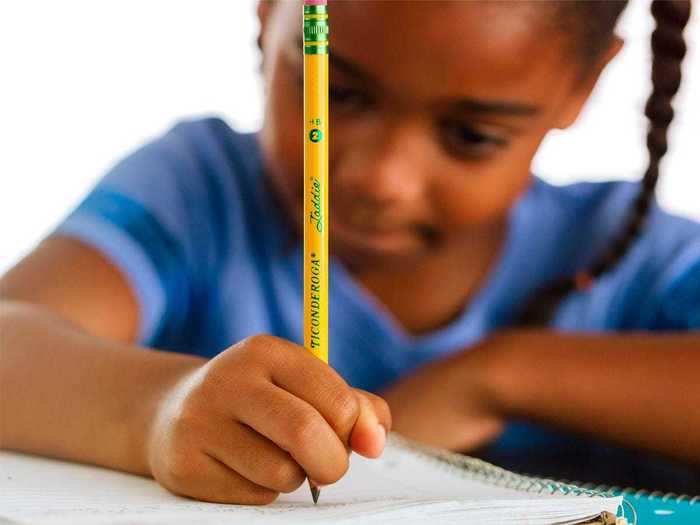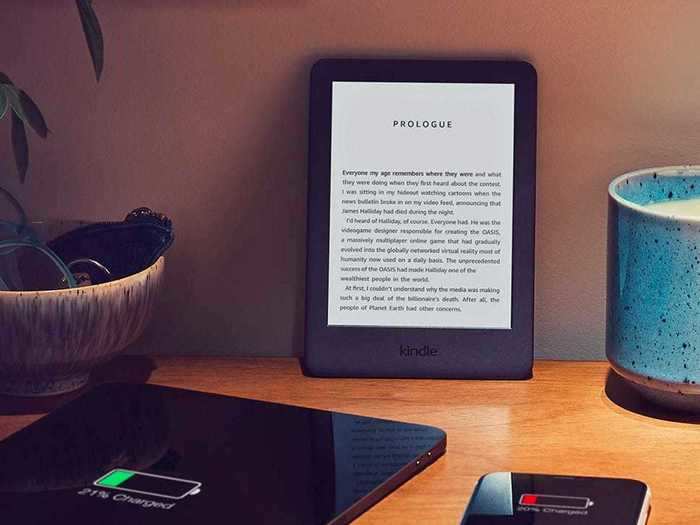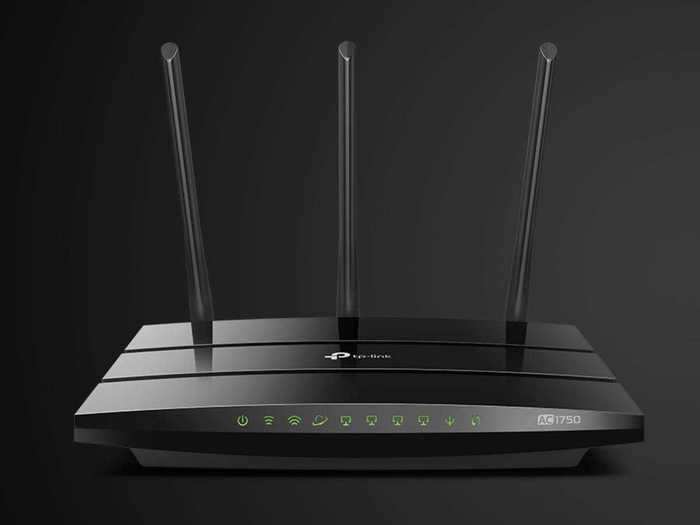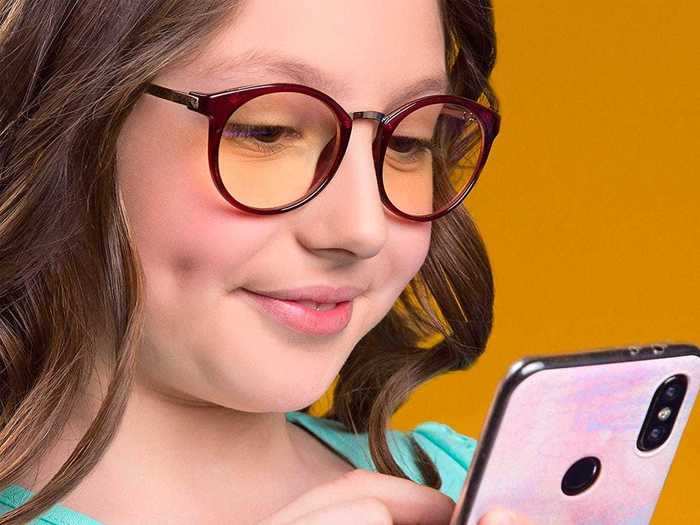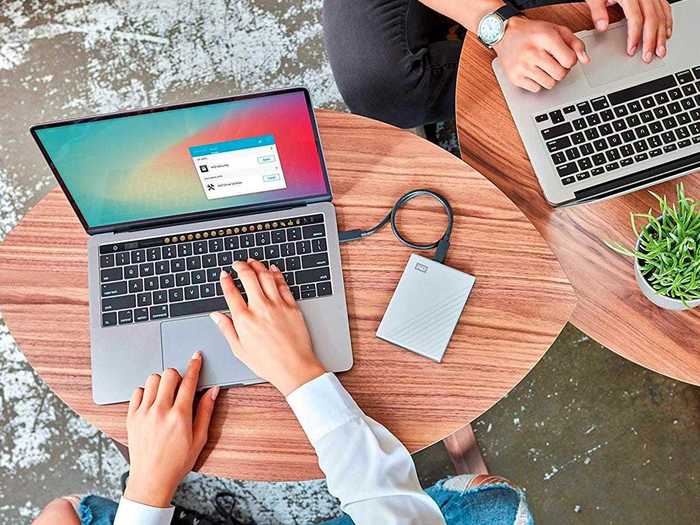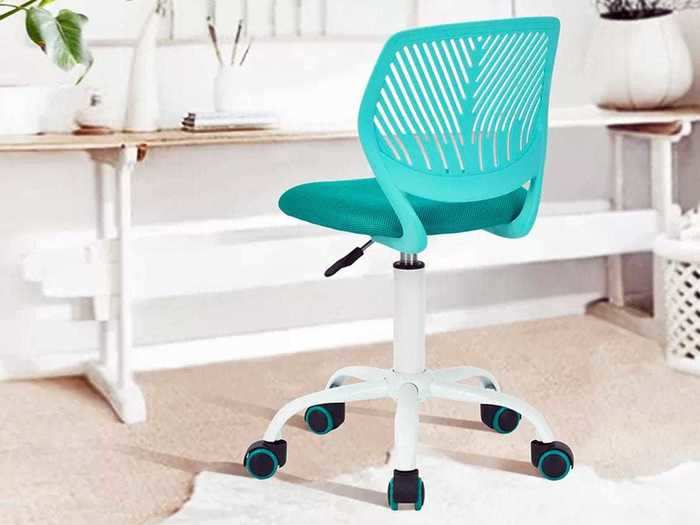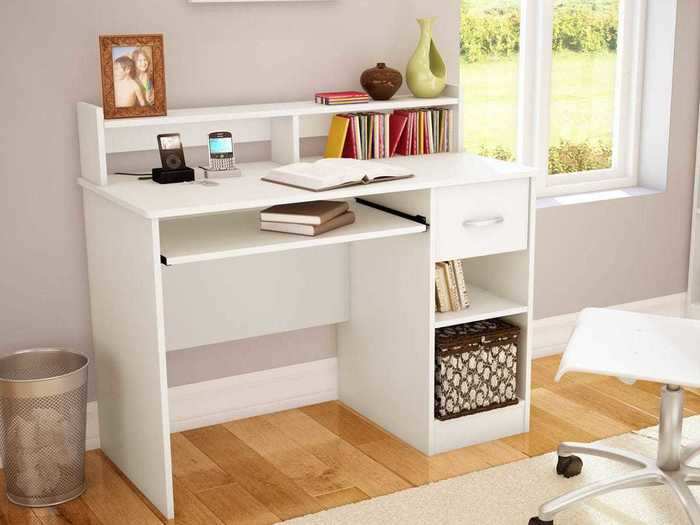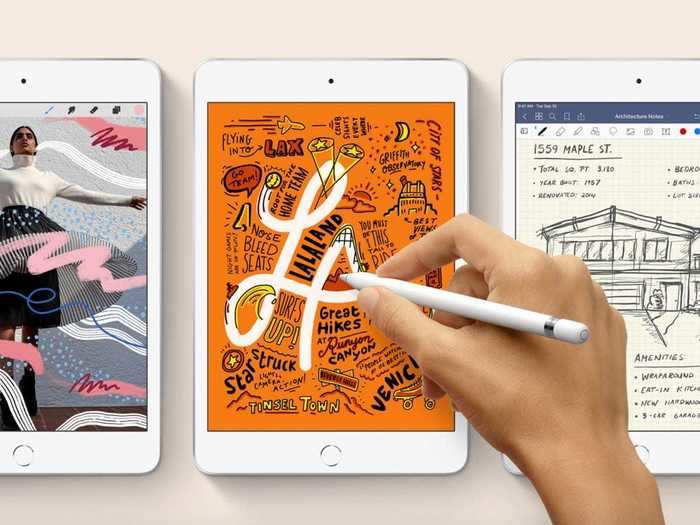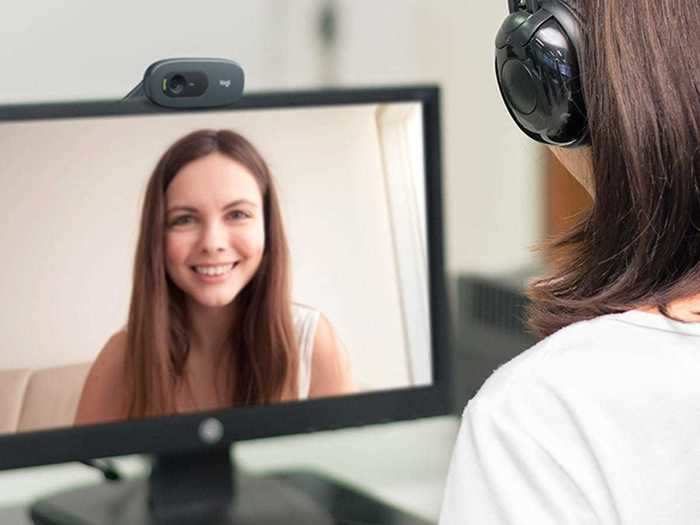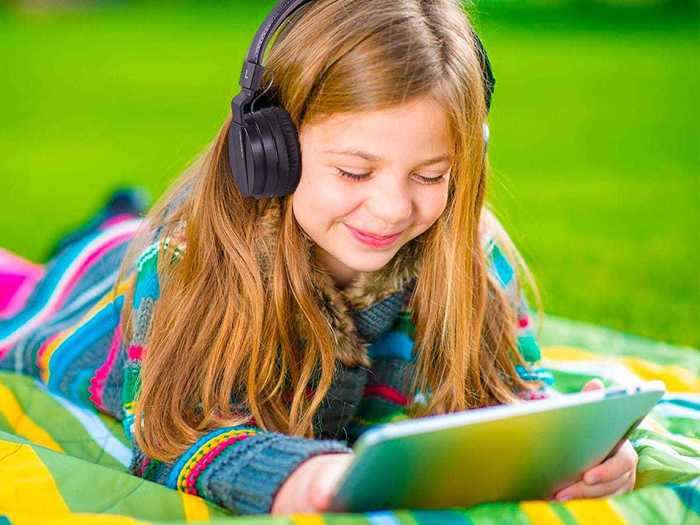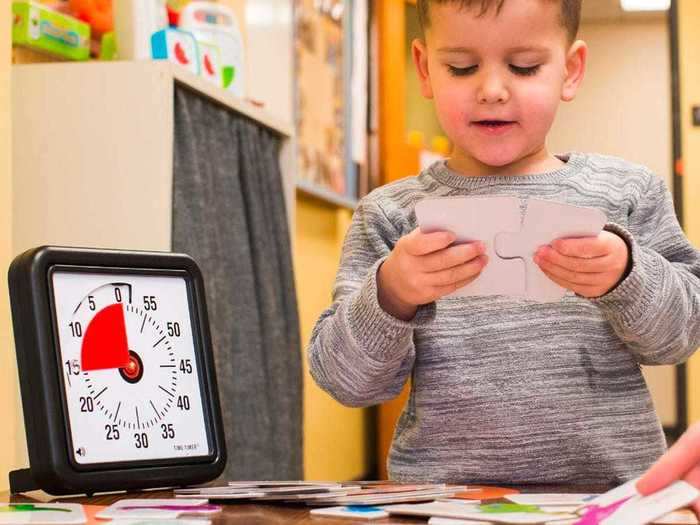When you buy through our links, we may earn money from our affiliate partners. Learn more.
Ticonderoga
- Learning at home can be a big change when kids are used to learning face to face at school.
- A few key products can make virtual learning easier on your child and help ensure their success, whether they're in kindergarten or 12th grade.
- As a former teacher, I earned my master's degree in education through an online program, so I know what it takes to succeed as a virtual learner.
The closure of thousands of schools amidst the coronavirus outbreak has left many families in a unique situation. With kids home all day, many schools are instituting virtual learning in this unprecedented time, and the transition from in-person classes to virtual lectures isn't always easy for kids.
Thankfully, at a time when we all feel so helpless, there is something you can do to maintain some sense of normalcy and help your child's transition to virtual learning. Making sure they have everything they need to succeed and setting them up with a space conducive to learning will help maintain some structure and routine.
Some products for virtual learning are essential, like a device and a Wi-Fi connection. Most schools provide these essentials to kids who can't afford them, so be sure to check with your school's administration if virtual learning is a financial hardship for your family. Other products, like a comfy desk chair and noise-cancelling headphones aren't essential, but they can make learning at home easier for your child.
From the basic necessities to extra items that are nice to have, I've compiled a list of products that can help your child succeed with their online learning. I earned my master's degree in education through an online program, I have a certificate in online teaching and learning, and I'm a former high school teacher, so I know a thing or two about how to succeed with virtual learning.
Read the original article on
Insider
A notebook and pencils to take notes
Even with online learning, many students still prefer to take notes or jot down reminders by hand. Students tend to remember information better when they can physically write it down in a notebook, and it makes them a more active participant in their learning. With virtual learning, it's very easy for kids to become passive and zone out, so encouraging note-taking will help their learning. Elementary-aged kids who are still working on their handwriting will definitely need to continue to practice while they're learning at home.
A Kindle for when teachers can't send books home
Schools may assign e-books for kids to read, and some kids prefer to read them on an e-reader rather than on a computer. E-readers provide a break from the strain a screen puts on your child's eyes. They also provide unique ways to interact with the text, such as highlighting and looking up definitions. These features are very helpful for kids, especially if your child has an IEP and is struggling because they have fewer accommodations while learning at home.
A strong router to boost your signal
Especially when online classes are live, kids need a strong internet connection to engage and make sure they don't miss any important information. If you don't have a strong internet connection at home, virtual learning can quickly become very frustrating for your child—enough to make him or her want to give up. We recently purchased this router for our home when our Wi-Fi wasn't reaching every room. We now have a fast connection in every room, with the added bonus of parental controls with this router.
Blue-light-blocking glasses to help with all that screen time
Staring at screens all day takes a toll, and many kids go from their phones to their computers to their tablets to the TV all day long. As someone who works from home with a laptop all day (and sometimes into the night), I invested in some blue light blocking glasses about a year ago, and I've found that my eyes don't feel as strained after hours of work. These can really help kids who tend to work at night, as exposure to blue light can negatively affect sleep.
A portable hard drive so their hard work doesn't get lost
Anyone who has ever lost hours of work knows the importance of a portable hard drive. Many kids save their work on the cloud, but any work that is saved directly to the computer should be backed up regularly. If your child loses work, he or she might waste hours doing it again, or their grade could suffer if it's too late to get an assignment turned in on time.
A desk chair so they stay comfortable
If you're getting them a desk, they'll need a chair, preferably one they'll want to sit in for extended periods of time. Make sure you get an adjustable chair if your child is young and will need some help reaching the desk. When I was working on my master's, I always found that I was more productive when I sat in a regular office chair rather than the tempting recliner in our living room.
A desk to keep their supplies organized
It's tempting for kids to just stay in bed or lounge on the couch when they're learning from home, but a desk can help them separate school from leisure, and it signals to their brain that it should be in learning mode. A clean workspace helps them stay organized, gives them a clutter-free place to write and work, and is more similar to a regular school environment than their bed or the couch.
A device they don't have to share
If you have multiple kids doing virtual learning or adults who are working from home, battles over who gets to use the device in the home are bound to happen, especially if students need to login at specific times or if they have deadlines for assignments. Thankfully, these devices are relatively cheap, and they're two of the most popular devices used by schools. You can see more Chromebook choices in our full buying guide.
A webcam to interact with their teachers
It's likely your child already has a camera on their phone or other device, so a separate webcam isn't a necessity for most people. If they're working on a desktop or device without a camera though, they might need a webcam. Some teachers require attendance via video, and sometimes kids will be asked to complete video projects. A webcam also gives your child a chance to talk to their teacher face to face if they are having any issues or if they're confused about a concept.
Noise-cancelling headphones so they can focus
Noise-cancelling headphones are particularly important if there are siblings in the home or parents who are also trying to work from home. These distractions can take your child's attention away from their teacher or their work, and even minimal distractions can affect attention and productivity. I always find that I can focus better at home when I'm able to block everything else out. An added bonus: Your child will likely enjoy these to listen to music or play games, too. You can also see our full guide to the best headphones for kids for more options.
A timer to set a routine
It's helpful for kids to stick to a routine even when they're learning from home in a more relaxed environment. Timers are useful to help structure their day, and for younger kids, a visual timer can help them understand how much time they have left in any given subject or activity. For older kids, timers can help them manage their time wisely and stick to a similar bell schedule they might be used to.

